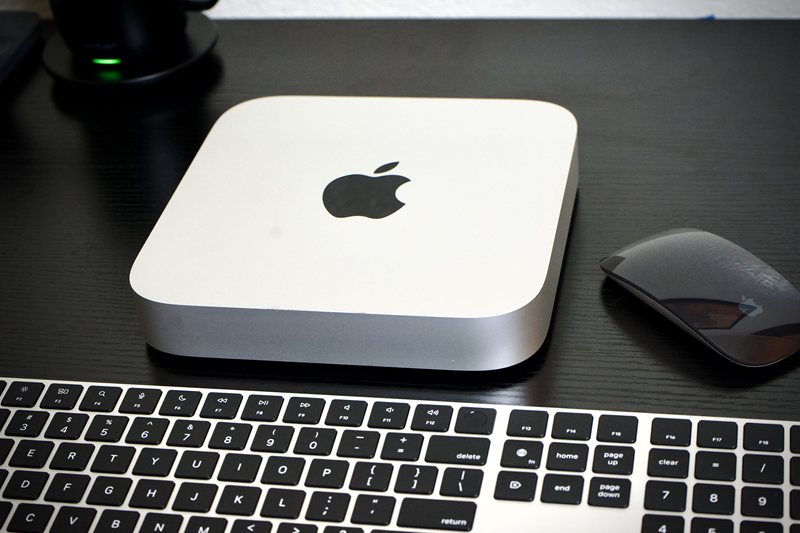Apple 已经在测试配备 24GB RAM 的 M3 Mac mini

Mark Gurman’s latest Power On newsletter for Bloomberg compiles the latest rumors and leaks as usual but often contains an interesting new wrinkle or two. The issue published yesterday is no exception, revealing that Apple has added yet another Mac with an M3 chip to its testing suite: a Mac mini.
According to Gurman’s sources, the Mac in question features eight CPU cores (four efficiency and four performance cores), 10 GPU cores, and 24GB of memory. Gurman believes this to be a Mac mini. The M2 Mac mini was released in January, so a new model this year would be the quickest refresh for an Apple silicon Mac.
Another interesting but unsurprising note: it’s running macOS Sonoma 14.1, the first “point update” for the as-yet-unreleased operating system. It’s likely that macOS Sonoma version 14 will release in September or early October, with 14.1 coming in October or November along with new M3 Macs for which it enables support.
This test unit matches the configuration of a maxed-out M2: 8 CPU cores (4 performance / 4 efficiency), 10 GPU cores, and 24 GB of RAM.
Including this new system, Gurman now has information confirming five Macs in testing with the base M3: 13-inch and 15-inch MacBook Air, 13-inch MacBook Pro, iMac, and now the Mac mini. In addition, he believes there are two MacBook Pros being tested: a 14-inch model with an M3 Pro and a 16-inch model with M3 Max.
It’s unknown whether the M3 will be a 3nm chip or still a 5nm chip like the M2. It is believed to be a 3nm chip, but the 3nm process is still new and the entire supply may be needed for the iPhone 15 Pro’s A17 chip. A new report from The Information details how Apple’s special deal with TSMC has the company only paying for working chips from the new process, causing TSMC to absorb the cost of failed chips.
It’s an unusual arrangement—most companies buy entire silicon wafers and hope to get as many working chips as possible from them. Still, without knowing what Apple pays for the chips or for the privilege of taking all of TSMC’s initial 3nm production, it’s academic and does not necessarily impact customers or prices.
